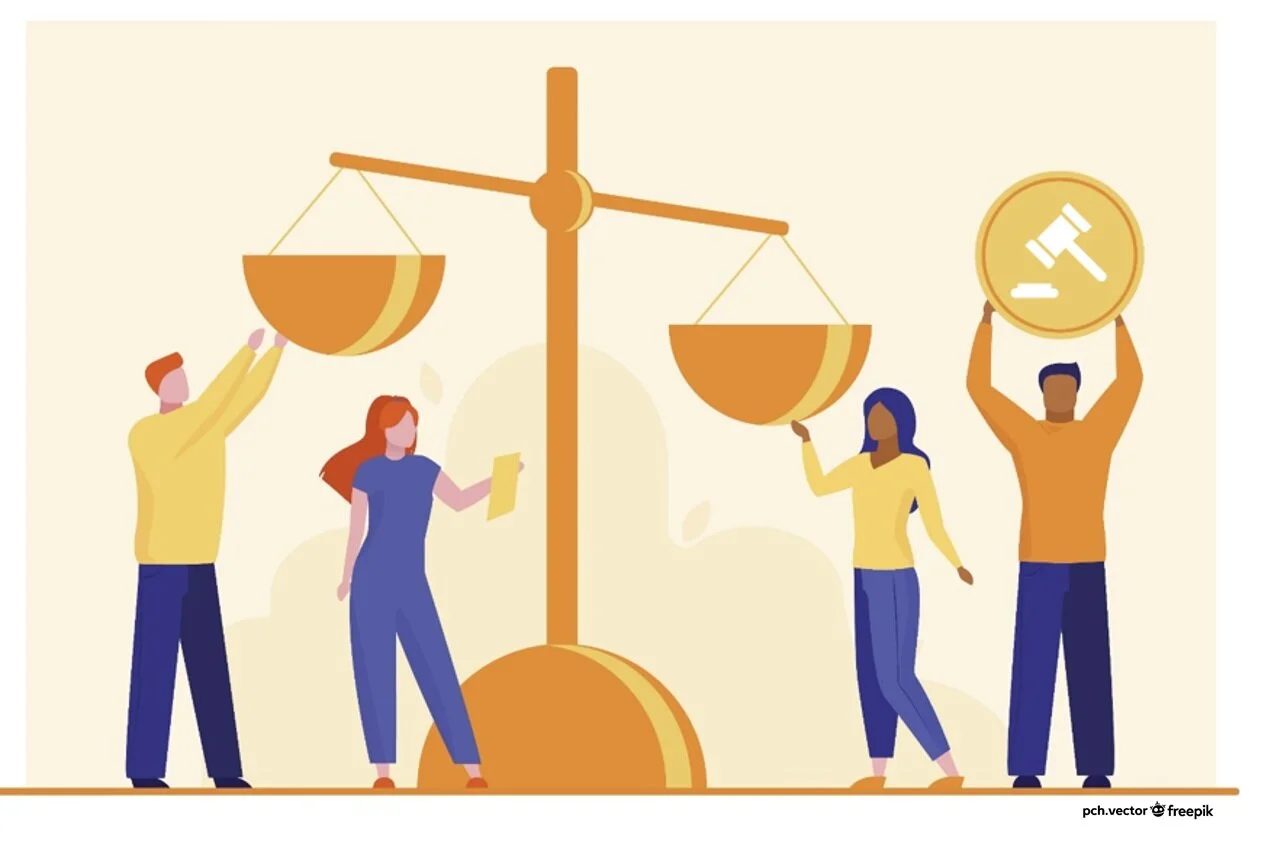When delivering negative feedback managers tend to overlook the transparency gap which would make feedback ineffective. Read more to check out the remedies!
Read MoreIn succession planning, the majority of employees will be excluded from leadership succession programs after the evaluation phase and this may have effects on the unchosen crowd vs. the chosen few. Check out the effects.
Read MoreThe current hybrid work has brought up new concerns for organizations, feedback medium being one! Is digital feedback as effective as face-to-face feedback?
Read MoreOften, there are discrepancies between one’s own evaluations and the evaluations done by others. Such differences could be induced by cultural influences. Let’s see how!
Read MoreIndividuals react differently when they receive feedback from their peers regarding their leadership competences. Let’s see how different it is for women vs. men.
Read MoreManagers usually find it hard to seek feedback thinking that it might impact their image or ego. But let’s see when, why and from whom managers seek feedback.
Read MoreSeveral reasons drive people to seek feedback at work. But what promotes feedback seeking behavior and what are its consequences?
Read MoreEven when using reliable scales, raters are prone to subjectivity. To make the most of this subjectivity, 360 degree feedback, also known as multi-source feedback, can be adopted. But how 360 degree feedback can become more reliable?
Read MoreEmployees’ satisfaction is clearly affected by the feedback and evaluations received from their managers. It is often assumed that laxer evaluations, might lead to greater employee satisfaction with performance; yet, this is not necessarily the case all the time. Let’s see why.
Read MoreNegative feedback is never easy to communicate. But does negative feedback provided by coworkers have a better effect than supervisor’s feedback, say on creativity? And what about bottom-up feedback?
Read MoreInnovation is more than generating novel ideas; it also involves implementing them and, for this reason, employees, their coworkers and supervisors are all called to play a role in the process. Can feedback be an instrument to increase innovation?
Read MoreOrganizations are after creativity, and one may rightly wonder whether team creativity can be promoted and reinforced using feedback. Which is more effective in promoting creativity, providing positive or negative feedback?
Read MoreMany people experience a hard time getting the information they need from their colleagues. This is because employees may intentionally withhold or hide important information and know-how from their coworkers. How can we avoid it?
Read MoreAccurate assessments of employee performance are much needed in organizations. To mitigate the use of heuristics in assessments, raters can be and should be trained to improve their rating accuracy. One effective and frequently used rater training approach is the frame‐of‐reference (FOR) training.
Read MoreWhile there are controversies about performance appraisal (PA) effectiveness, there are still many who advocate the PA programs and believe the issue is due to poor implementation of the practice rather than the practice itself. Supervisors as the main implementer can be influential.
Read MoreHave you experienced being perceived as unfair after evaluating the performance of your collaborators? Let’s see why and how to avoid it…
Read MoreHow to build assessment instruments and which format should they have? Is it best to rely on “numbers”, or should we rely on “words”?
Read MoreThe findings of a study by Chiang and Birtch (2010) offer relevant insights on the impact of culture on the following performance management components: PM System’s purpose, formal and informal feedback, employee participation, rating source.
Read More
















